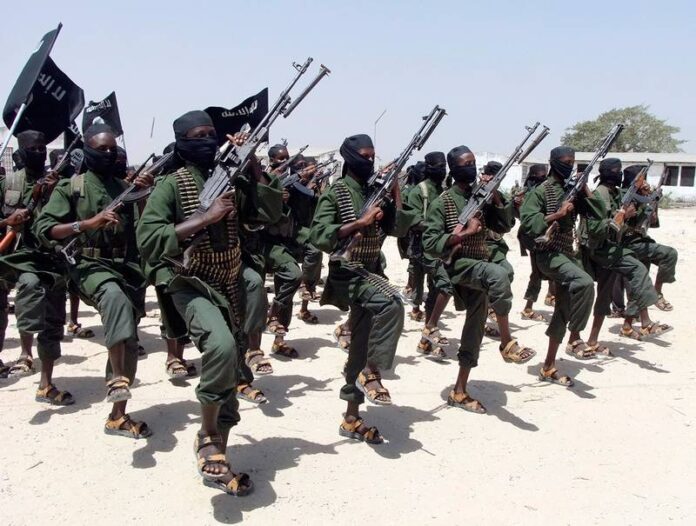In parts of Africa, hunger is no longer just a byproduct of war it has become part of the battlefield. Over the last ten years, extremist groups like Boko Haram in Nigeria and Al-Shabaab in Somalia have weaponized food to expand their influence, break down state authority, and control vulnerable communities.
These groups don’t just fight with guns and bombs. They manipulate the absence of basic necessities, especially food, to win loyalty and punish resistance. In some of the hardest-hit areas like Borno State in Nigeria and southern Somalia years of neglect, poverty, and limited government presence have left communities exposed. That’s where these insurgents move in.
Locals have described moments when militants handed out food staples like rice and spaghetti, portraying themselves as protectors or providers. In these isolated, under-resourced regions, such acts can quickly shift loyalties. The message is simple: “We’ll take care of you, because your government won’t.”
But this so-called generosity is often short-lived. When communities are suspected of cooperating with national forces, the same groups turn ruthless. They burn crops, poison water, block trade routes, and prevent humanitarian aid from reaching those in need. These are not accidents of war they are intentional strategies meant to isolate, intimidate, and control.
The consequences are devastating. Families abandon their homes and farms. Markets collapse. Children go hungry. In trying to dominate territory, these groups often destroy the very systems they rely on to survive. Ironically, they’ve begun to suffer the fallout of their own tactics. Fighters are defecting, not out of ideology, but because they’re starving. Some have surrendered just for the promise of a meal.
To compensate, militants have resorted to raiding villages and looting food. But even this is starting to wear thin. In Nigeria, Boko Haram has been pushed toward the Lake Chad region, stretching their operations across borders in search of resources. In Somalia, anger among farming and herding communities has sparked local resistance spontaneous uprisings and grassroots militias fed up with living under siege.
Still, the threat hasn’t disappeared. It’s only evolving. What’s clear is that food is far more than a logistical concern in these conflicts it’s a strategic tool. And for communities already on the brink, every grain matters.
For governments and international organizations, the lesson is urgent: combating terrorism in Africa isn’t just about boots on the ground. It’s also about building food systems that are inclusive, resilient, and fair. If hunger is being used to fuel violence, then food security must be part of the path to peace.
Written By Faith Mwende



















